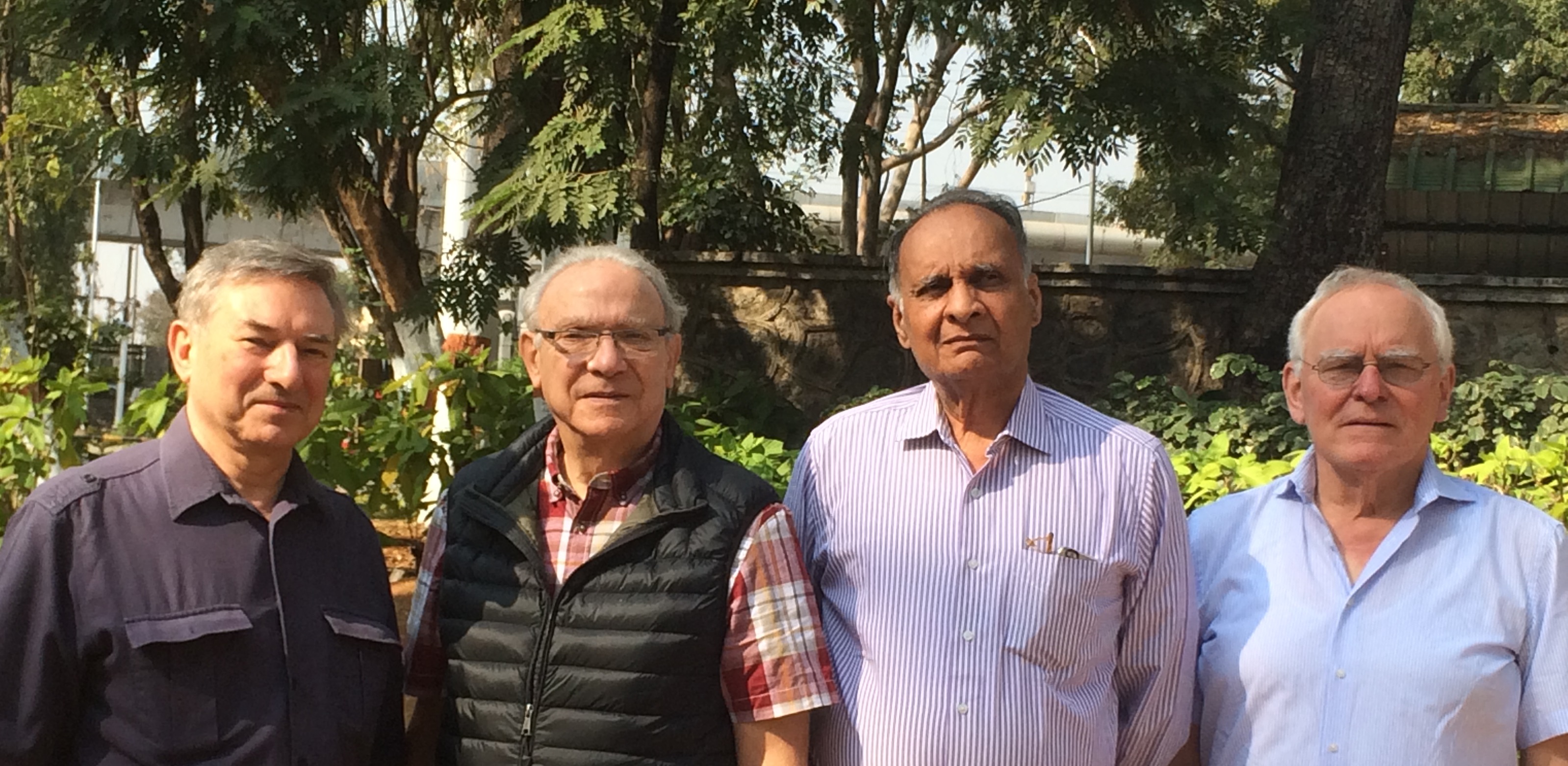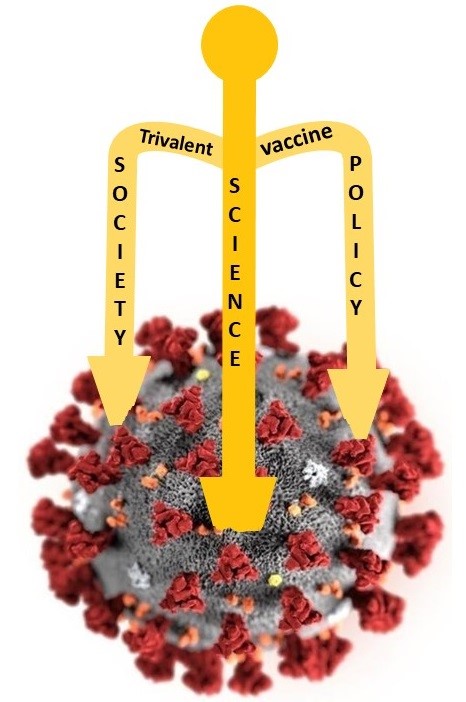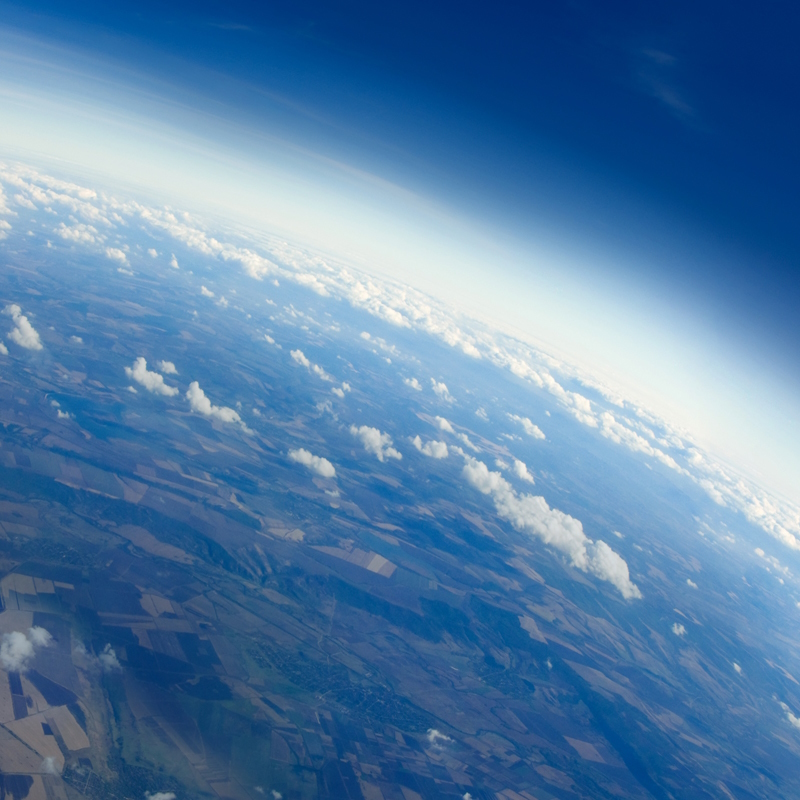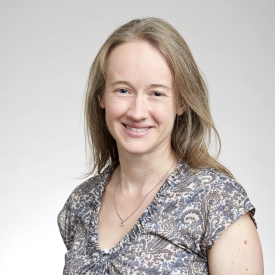Trust between science, society and policy-makers offers a potent means to thwart and mitigate emergent global challenges.

Last year Royal Society Open Science published a blog and Perspective exploring the problems of fake new and fake science. The authors of these pieces have published a follow-up Perspective and blog below, which explore the intersection of science, society and politics.

‘Emergency’ and ‘crisis’ are terms now frequently appearing in descriptions of the state of the world, encompassing such planetary-scale impacts of human activity as climate change, extinction of species on an unprecedented scale, exhaustion of natural resources, and pollution that is poisoning air, land and sea, with damage to the Earth’s physical and ecological environments.
An important linkage among these challenging emergencies and crises is the role that science can and must play. Science is essential as a source of reliable data and analysis that demonstrates the veracity of conditions and trends, of technologies that can help to provide solutions to place the planet on a more sustainable pathway and of evidence-based advice on potential solutions and their consequences. It is also needed as an ethos and approach to evaluating information that enables individuals, communities and policy-making bodies to take sound decisions that are in the best interests of the societies they serve. Moreover, science and its application in technology are central to the quality of life and prosperity that people enjoy.
Yet, science practice and the perception of science have both come under attack in recent times, undermining the capacity of science to play these critical roles. There has been an erosion of trust in science and constraints placed in some countries on its capacity to function in a state of intellectual freedom. Science and the scientists who bring to light evidence that is inconvenient to the interests of others are sometimes being ignored or dismissed, denied and denigrated.
In the Perspective just published in Royal Society Open Science, we discuss some of the characteristics of this uneasy but vital relationship between science, society and policy. The Covid-19 pandemic is the latest – but undoubtedly not the last – example of the challenges to human security (including to health, economies, the environment and food supplies) that the world faces. The Perspective argues that science, for all its own uncertainties and continuous need to verify and sometimes revise or update its conclusions, remains the best available guide on the pathway to navigate uncertainty. It is only through working together that science, society and policy can serve as a dependable ‘trivalent vaccine’ to prevent and prepare for the adverse impacts of emerging threats and as a potent antidote that can treat and minimise ensuing harm to human security.

Readers are encouraged to sign up for journal content alerts, and explore the latest issue of the journal.
Image credit:
1) Authors: Stephen A. Matlin, Alain Krief, Goverdhan Mehta and Henning Hopf
2) Picture credit: Stephen Matlin. Original drawing, incorporating SARS-CoV-2 image, free to use from US-CDC: https://www.cdc.gov/media/subtopic/images.htm
3) 'The new mathematics gallery at the Science Museum' by Paul Hudson





